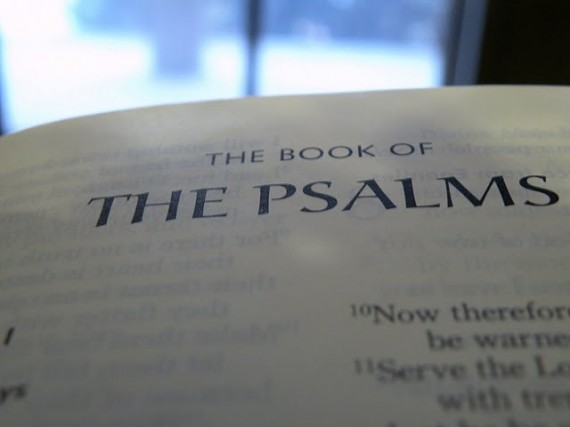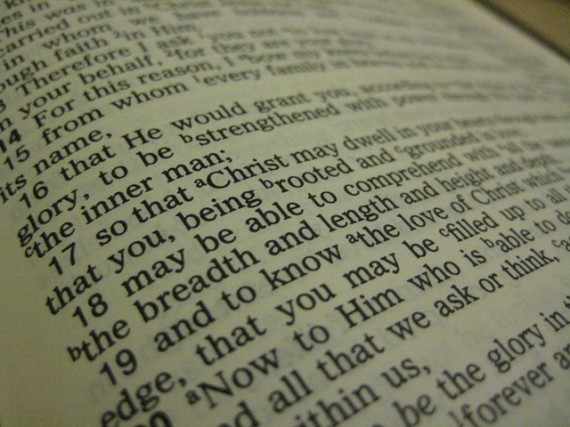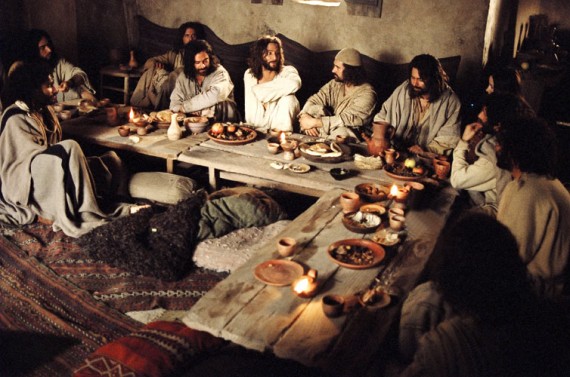I am part of a blogging community over at Grace Ground, and want to welcome two new contributors:
 The first is Kimberly Parker.
The first is Kimberly Parker.
In her opening post, she writes this:
When God teaches me a lesson, He often does so through the people I am closest with. Do you find that? In every encounter, with every face we meet during the day, we have the opportunity to see God at work – however, those we share our homes and workplaces with afford us the most opportunity because it is with those that we have the most influence.
Absolutely true! So often we go looking for people to help and serve across town or around the world when the people God really wants us to love are under the same roof or over the backyard fence.
 The second new contributor is Alastair McCollum, who is a “Vicar in the Church of England.” What is a Vicar in the Church of England? You’ll have to head over to his first post to find out.
The second new contributor is Alastair McCollum, who is a “Vicar in the Church of England.” What is a Vicar in the Church of England? You’ll have to head over to his first post to find out.
Here is an excerpt from his first post:
When I applied for this position, as Vicar to the Five Alive Mission Community, three years ago it was partly because the Five Alive bit caught my attention, but mainly because of those last two words. Mission Community. This was and is a new term in the C of E, and was a name chosen to reflect the two purposes, as described in a report called ‘Moving on in Mission and Ministry’, of the Parish Churches of the Church of England. Those two purposes: Being in Mission and Being in Community.
Head on over to Grace Ground to read the rest of these posts, and welcome them to the blogging community!













 It seems that with Paul, as with Jesus, there is no set structure, form, language, or requests that must be used in prayer. Just as there is no set structure, form, language, and topics that must be used in any other conversation, Paul simply talked to God the way he talked to anyone else.
It seems that with Paul, as with Jesus, there is no set structure, form, language, or requests that must be used in prayer. Just as there is no set structure, form, language, and topics that must be used in any other conversation, Paul simply talked to God the way he talked to anyone else.


